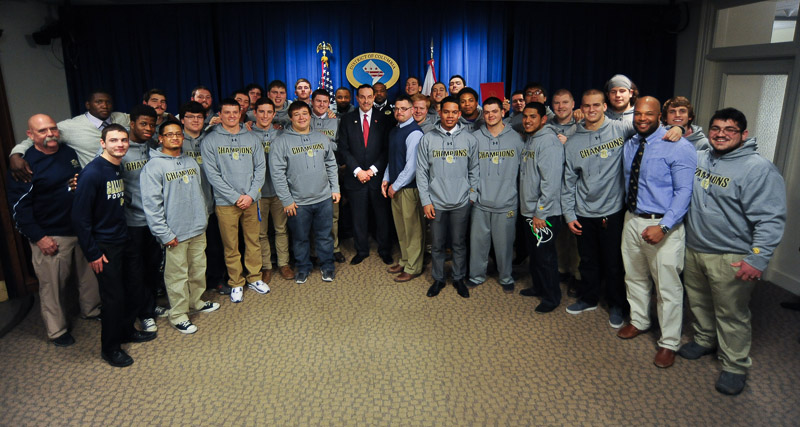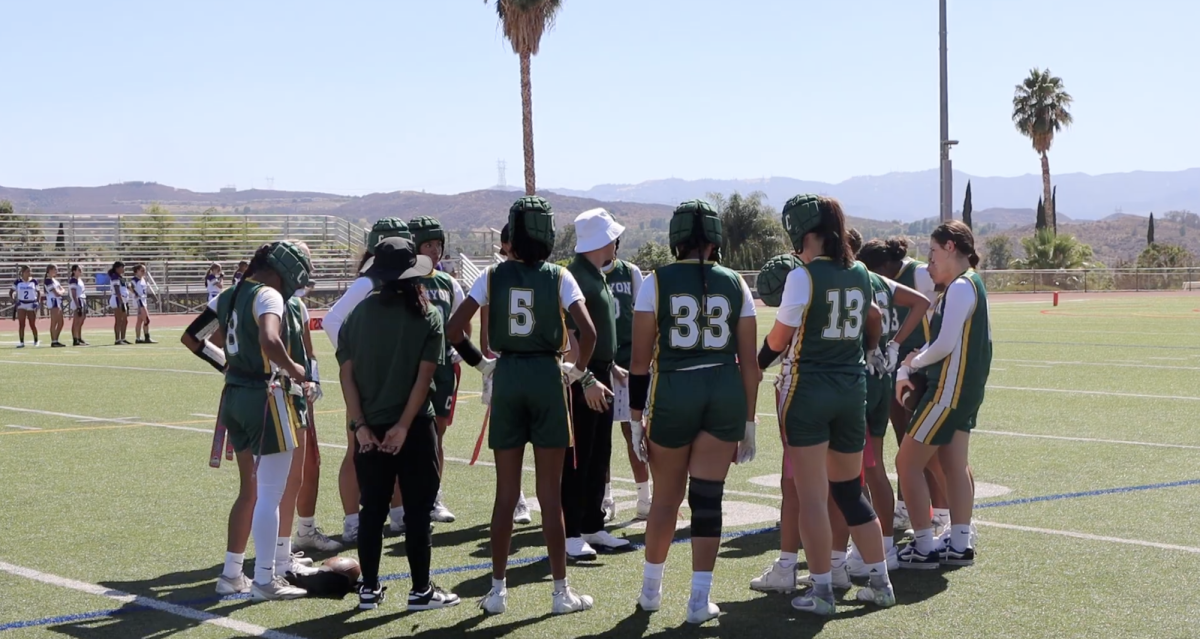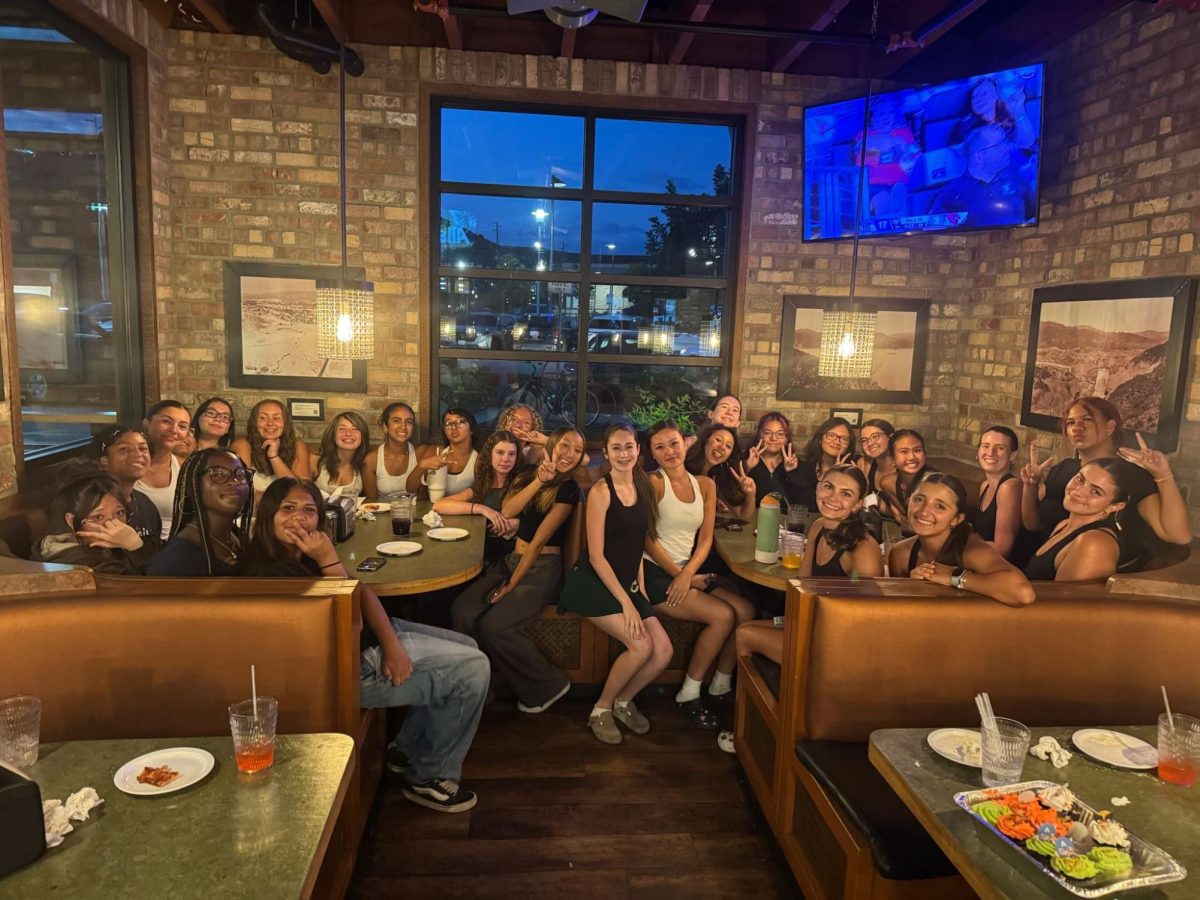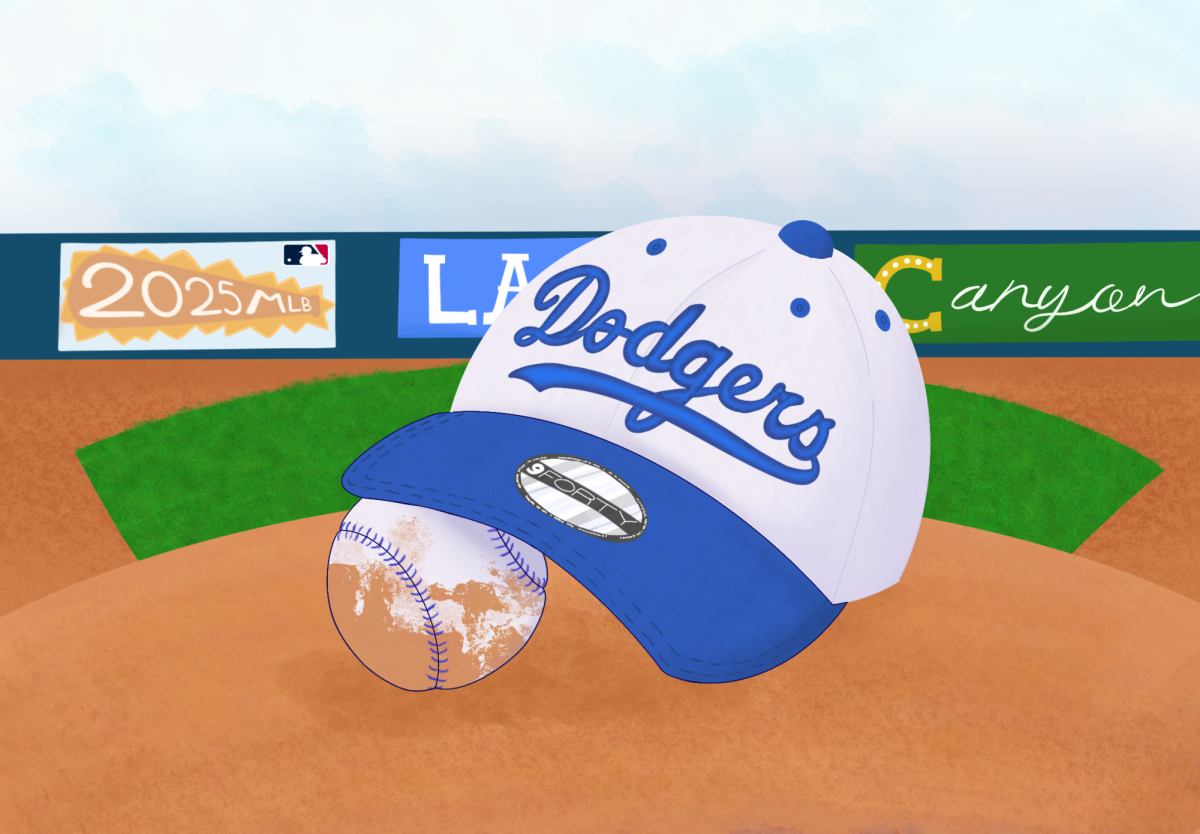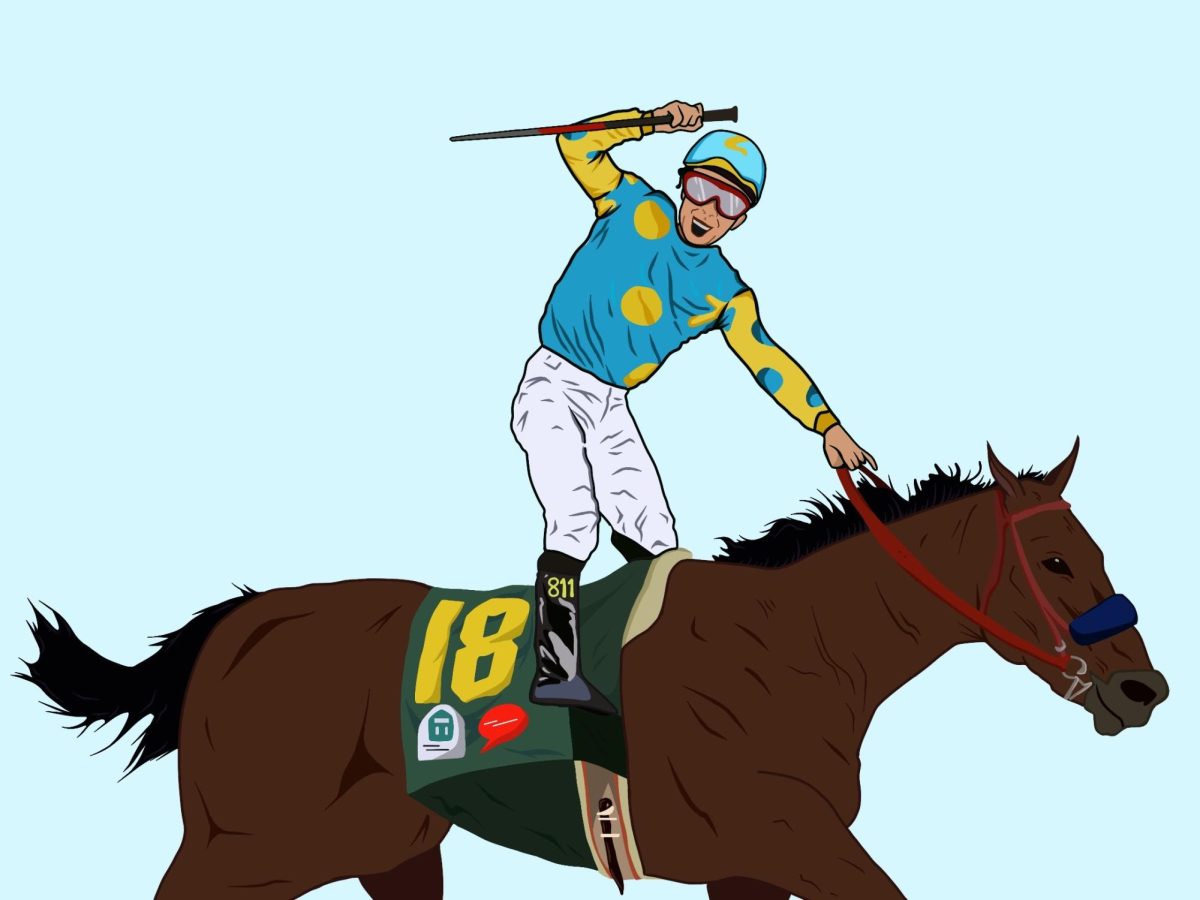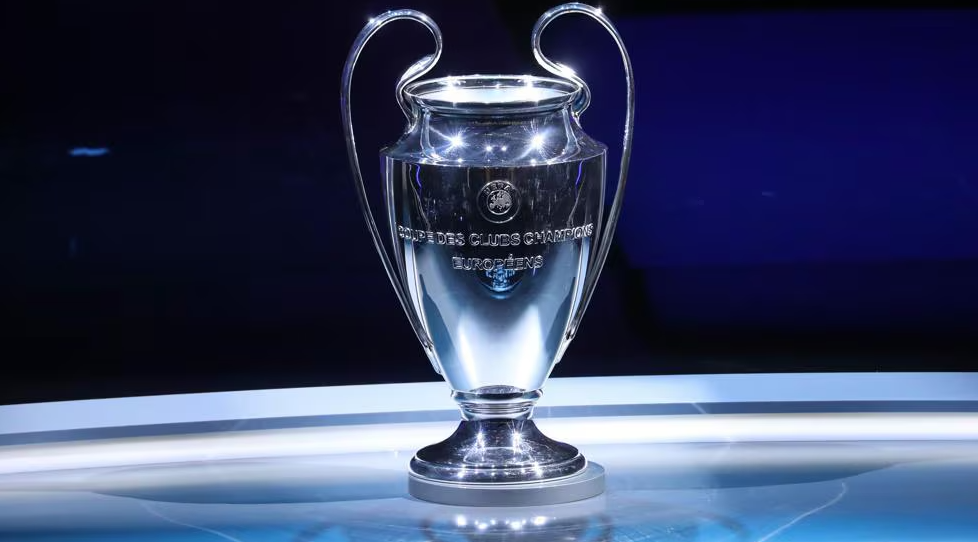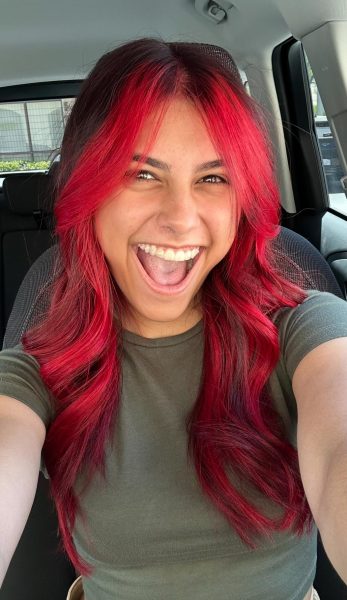In 1894, Paul Hubbard, a former deaf football player, created the huddle. This was Gallaudet University’s first major invitation that influenced the world. The second was announced on Oct. 5. This was a special helmet made to help players who are deaf or hard of hearing.
In order to come out with this product, Gallaudet University partnered with AT&T. AT&T approached the University’s football team, trying to “understand our challenges, our struggles, our successes.” Warren Keller, athletic director of Gallaudet University, signed to an ASL interpreter in an interview that, when he was in middle school, he was a part of a hearing football team, and it was very difficult for him to communicate. With helmets like these, players hope communication will improve.
The helmet itself contains a small screen placed in it, just above the player’s right eye. The coach has all of the team plays on a tablet, which he can then choose from, and that play shows up on the screen in the players helmet. This whole thing runs on AT&T’s 5G network.
The helmet made its debut when Gallaudet University played Hilbert College. During the game, only the team quarterback, Brandon Washington, had this installment in his helmet.
The players seem to like the new helmet so far. They think the whole screen fits in the helmet well, the lens is not too bulky, and the screen does not really impair their vision.
However, this revolutionary invention does not solve every problem deaf and hard of hearing players face when they play football. Players still do not know when the refs blow their whistles signaling for the play to end. They also have no idea what the referees are saying, which can be problematic when it comes to penalties.
Many are excited because this can benefit many other areas of life as well. This can help “firefighters, construction workers and first responders in noisy situations.” There are so many ways that this new invention can help our first responders be more efficient. 129 years after the huddle, Gallaudet University is still coming up with ways to benefit society, as well as people in the deaf and hard of hearing community.

